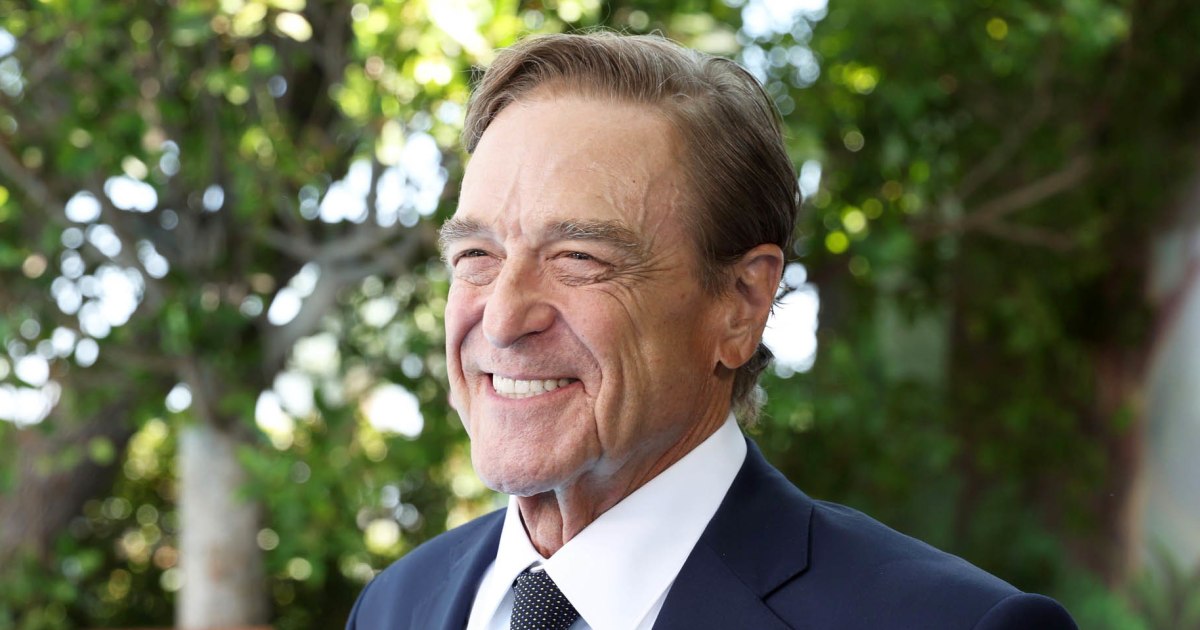Retire Your Way: How a Child-Free Life Changes Your Retirement Game Plan
:max_bytes(150000):strip_icc()/GettyImages-1441597897-02fb1d94727f408e99aa2dea29005ec8.jpg)
Choosing a child-free life is a personal decision with profound implications, and that extends to your retirement planning. While it unlocks unique opportunities for financial freedom and flexibility, it also demands a different approach to securing your future. This article explores the key adjustments you need to make when planning for retirement without children, covering everything from healthcare and long-term care to estate planning and investment strategies.
The Upside: Financial Freedom and Flexibility
One of the most significant advantages of a child-free retirement is the absence of child-related expenses. Raising children is a substantial financial undertaking, encompassing education, healthcare, and general support. Without these burdens, you'll likely have more disposable income to invest and enjoy during retirement. This allows for:
- Increased Savings & Investments: More funds can be allocated to retirement accounts, accelerating wealth accumulation.
- Early Retirement Possibilities: A stronger financial foundation may allow you to retire earlier than planned.
- Travel & Experiences: Greater financial resources can fuel a more fulfilling retirement filled with travel, hobbies, and personal pursuits.
- Lifestyle Freedom: You have more control over where you live and how you spend your time, unconstrained by family obligations.
The Challenges: Addressing Unique Retirement Needs
While the financial benefits are clear, a child-free retirement also presents specific challenges. Without children to potentially provide care or inherit assets, careful planning is crucial to address these concerns:
- Healthcare & Long-Term Care: This is arguably the biggest consideration. Healthcare costs tend to rise significantly in retirement, and the potential for needing long-term care (assisted living, nursing home) is a major expense. Robust health insurance, long-term care insurance, and a dedicated savings fund are essential. Consider exploring options like health savings accounts (HSAs) for tax-advantaged healthcare savings.
- Estate Planning: Without children, you'll need to designate beneficiaries for your assets. This could include close friends, siblings, charities, or other organizations. A well-crafted will, trust, and power of attorney are vital to ensure your wishes are carried out. Consider the potential for estate taxes and plan accordingly.
- Social Support & Companionship: Retirement can be isolating. Cultivating strong friendships, joining social groups, and maintaining an active social life are crucial for emotional well-being. Think about how you’ll maintain connections and combat potential loneliness.
- Financial Longevity: You need to ensure your savings last throughout a potentially long retirement. Conservative investment strategies and careful budgeting are key. Regularly review your financial plan and adjust it as needed.
Key Strategies for Child-Free Retirement Success
To maximize your retirement security without children, consider these strategies:
- Maximize Retirement Savings: Contribute the maximum allowable amount to 401(k)s, IRAs, and other retirement accounts.
- Diversify Investments: Spread your investments across different asset classes to manage risk.
- Plan for Healthcare Costs: Purchase comprehensive health insurance and consider long-term care insurance.
- Create a Detailed Estate Plan: Work with an attorney to draft a will, trust, and power of attorney.
- Build a Strong Social Network: Nurture friendships and participate in activities that bring you joy and connection.
A child-free lifestyle offers a unique opportunity to design a retirement that aligns perfectly with your values and aspirations. By proactively addressing the specific challenges and embracing the financial advantages, you can create a secure and fulfilling retirement on your own terms.






